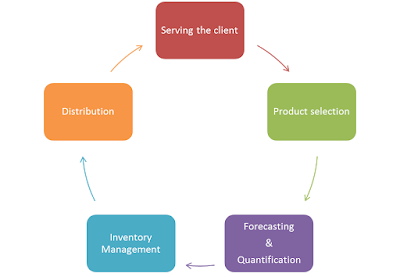Brain Centered Learning: Exploring the path
Written by Bayo Adekola
Everyone knows that the brain controls all activities in the body including learning. The goal of learning is first to remember what is taught, connect and then it can be applied. If you don't remember and connect with the knowledge, you will likely not apply it.
Join me next time as we explore more on brain centered learning. It is not rocket science.
Happy reading
I learnt recently about brain centered learning. I'm doing a lot of learning lately. Learning professionals should constantly learn. It is the first word in our title "learning"........: so it should come first. Here are the basic principles used in brain centered learning; the focus is to ensure recall and connection so that there is real life application.
1. Use emotions: Who isn't moved by emotions? Emotions draw from previous experiences and allow for comparison, analysis and facilitates thinking too. When you can reach out to previous experiences, learning just got exciting.
2. Assure repetition:Think of one song you didn't like but due to constant repetition you started singing and eventually liked. Say it, say it and say it. Repetition makes things register in our brain. How many of us sang the national anthem everyday through primary to secondary school? I'm sure you sing it by default now.
3. Make it sensory rich: You might forget what you hear but you will surely remember what you see, touch, smell and feel. Learning should be sensory rich to move information from short-term to long-term memory. Why do you think you will remember the person with the red shirt rather than the one with white? Red is sensory rich. Check out children classes; they are so colourful. The same principle applies to social media: you see, think, reply, type, watch, laugh, share and remember. All in one brain centered activity.
4. Focus: The brain needs focus and learning can only occur when there is focus. That's why we have subjects. There is power in focus. Focus on the learning objective, subject matter or image makes a huge difference. This gives time for processing. A well-made meal takes time; our brain needs time to process. That is what focus does.
5. Creation rather than consumption: Which will you remember? What you created OR what you were read about? You will remember vividly what you created or did. Ask someone who just made a meal and you will see that the time and actions taken allow for better recall and connection rather than the one who just consumed.
6. Build on existing knowledge: It boils down to emotions too. We connect with experiences and experiences bring about emotions whether good or bad. Who will not remember their first love? Laugh off
I think I just used brain centered learning; I summarised what I learnt.
Join me next time as we explore more on brain centered learning. It is not rocket science.
Happy reading



Comments
Post a Comment